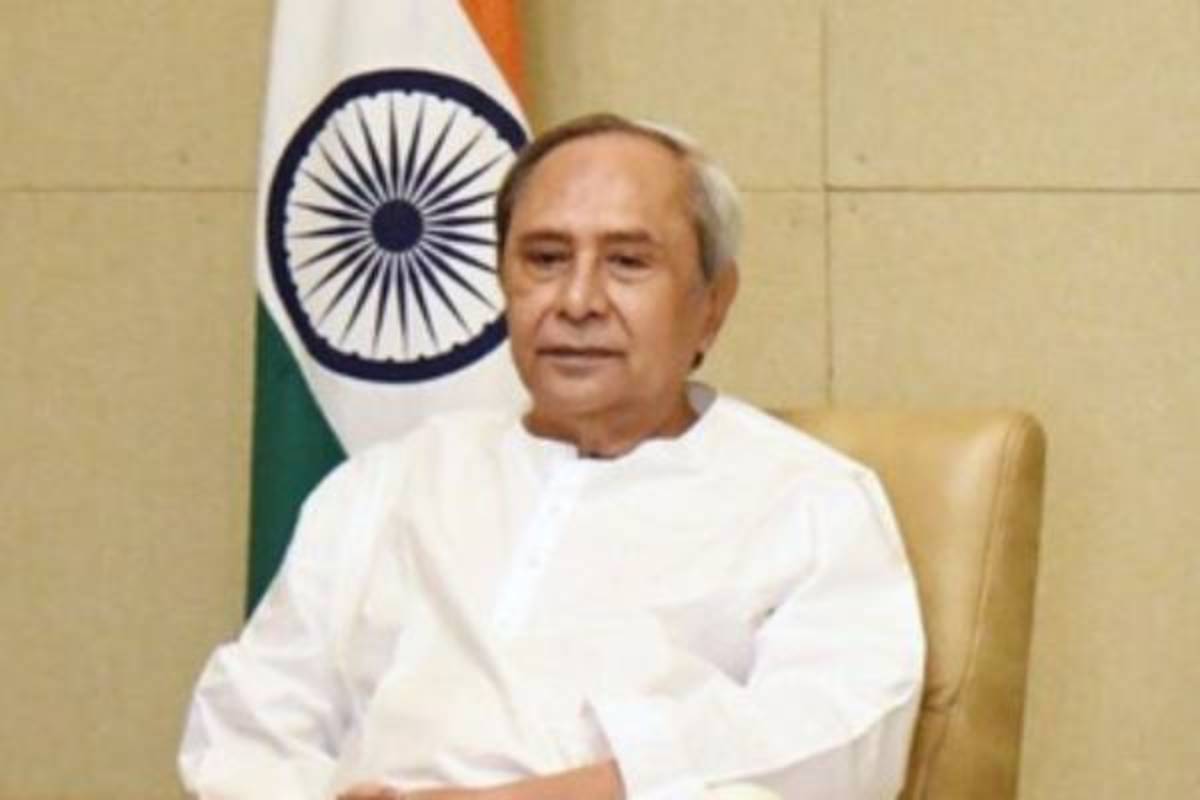Hate speech: BJP leader George seeks time to appear before police
George on Saturday requested the police for an extension until February 24 to appear before them for investigation in connection with the case.
The state of Odisha emerges as a battleground where alliances dissolve, friendships sour, and ambitions clash with unwavering determination.

[File Photo]
The state of Odisha emerges as a battleground where alliances dissolve, friendships sour, and ambitions clash with unwavering determination. The recent face-off between Prime Minister Narendra Modi and Odisha chief minister Naveen Patnaik, once described as allies, underscores the volatile nature of political dynamics in the region.
The transformation from camaraderie to confrontation between the two reflects a larger narrative of shifting loyalties and opportunistic manoeuvres. Their exchange of barbs and challenges signals the onset of a no-holds-barred electoral duel, where past alliances are relegated to mere footnotes in the pursuit of power. Berhampur, the epicentre of this political storm, witnesses a clash of turncoats as erstwhile loyalists defect to rival camps in a bid to secure electoral fortunes. Such defections not only highlight the fluidity of political allegiances but also expose the underbelly of opportunism that pervades the electoral landscape. At the heart of this electoral tug-of-war lies the quest for dominance in Odisha, a state that has been ruled with considerable success by Mr Patnaik. Mr Modi’s fervent appeal for a “decisive change” is made to a populace that is beginning to wonder if its ageing leader still has it in him to rule the state, while Mr Patnaik’s sharp retort reflects a determination to remain in power.
Advertisement
Amid the fervour of electoral rhetoric and strategic manoeuvring, it is imperative to recognise the pivotal role of the electorate in shaping the course of Odisha’s political landscape. The voters, often portrayed as mere spectators in the political theatre, wield the power to chart the trajectory of their state’s destiny. Their discerning judgement, informed by lived experiences and aspirations for a better tomorrow, will ultimately determine the outcome of this electoral saga. As Odisha braces itself for the impending four phase ~ phases four to seven of the general election ~ electoral showdown starting May 13, it is the voices of its citizens that will resonate the loudest. The ideological fault lines that once demarcated political boundaries are now blurred, as pragmatism supersedes principle in the quest for electoral supremacy.
Advertisement
The BJP’s aggressive foray into Odisha, buoyed by past electoral gains and bolstered by strategic alliances, poses a formidable challenge to the entrenched dominance of the BJD. Yet, amid the cacophony of political rhetoric and power plays, the concerns of the common citizen remain a glaring reality. Issues such as healthcare access and the implementation of welfare schemes serve as litmus tests for political efficacy, exposing the chasm between promises made and realities faced. The BJP’s criticism of the BJD government’s reluctance to adopt central schemes like Ayushman Bharat reflects a broader debate on the balance of power between the Centre and the states, while the BJD’s steadfast commitment to its own welfare initiatives underscores a defiance of central hegemony in matters of governance. The battle for Odisha transcends mere electoral arithmetic. It embodies a clash of visions, a contest of ideologies, and a struggle for the soul of a state yearning for progress and prosperity
Advertisement